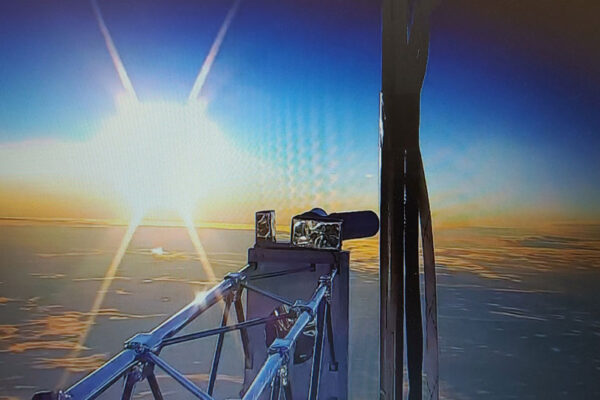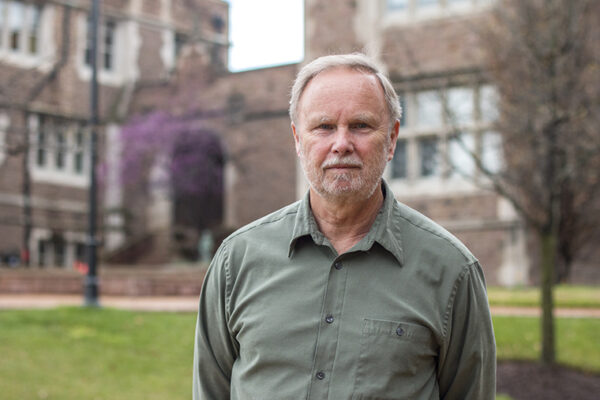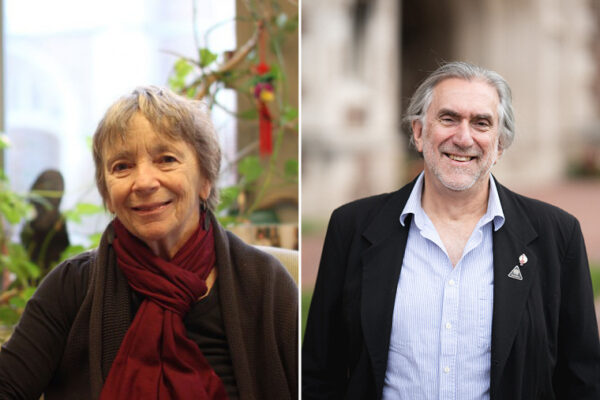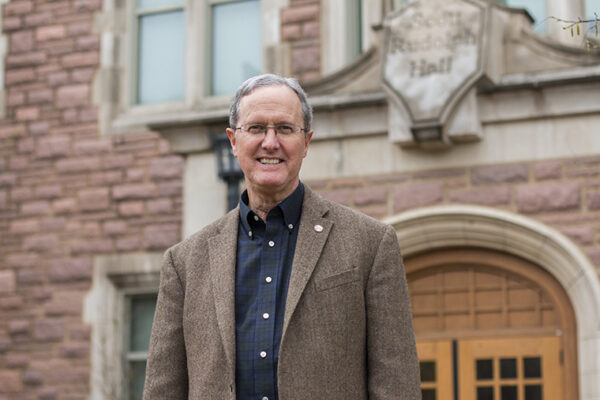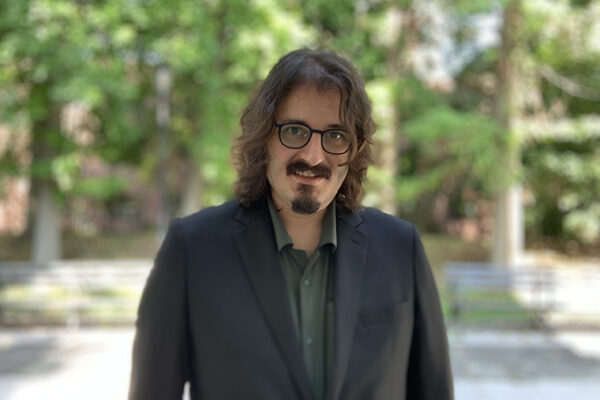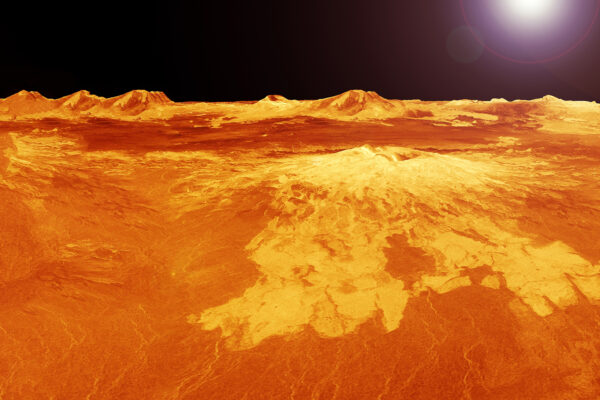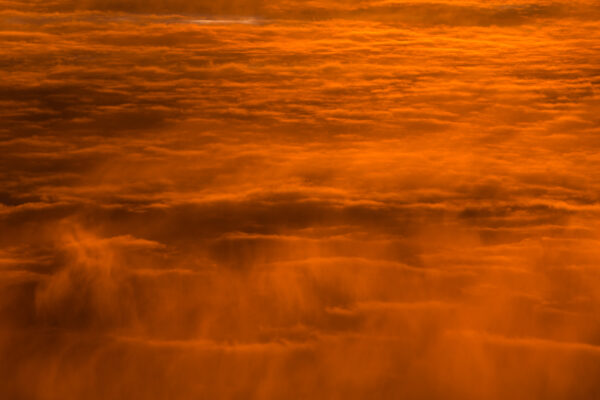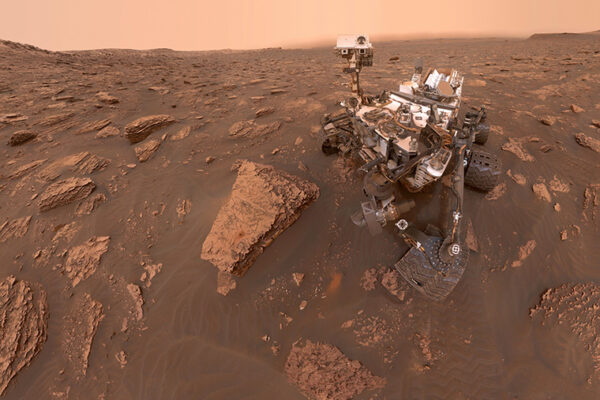Chun wins NASA FINESST grant
Sohee Chun, a graduate student in physics in Arts & Sciences, was awarded a Future Investigators in NASA Earth and Space Science Technology grant to optimize the shield inside a crysostat and around a gamma ray detector.
XL-Calibur telescope to fly again in 2024
Researchers led by physicist Henric Krawczynski in Arts & Sciences received $1.5 million from NASA to fund a new flight of XL-Calibur, a balloon-borne telescope built to examine the most extreme objects in the universe. XL-Calibur will be launched from Esrange Space Center in Sweden, north of the Arctic Circle, in May 2024.
Arvidson wins fourth public service award from NASA
Raymond Arvidson, the James S. McDonnell Distinguished University Professor Emeritus in Arts & Sciences, has been awarded an Outstanding Public Leadership Medal from NASA. The honor — his fourth service medal from the space agency — marks the culmination of a storied career in planetary exploration that goes back to the first Viking Mars landers in the 1970s.
Goodenough, McKinnon elected to National Academy of Sciences
Ursula W. Goodenough, a professor emerita of biology, and William B. McKinnon, a professor of earth and planetary sciences, both in Arts & Sciences, have been elected to the National Academy of Sciences. Election to the academy, announced May 2, is considered one of the highest honors that can be awarded to a U.S. scientist or engineer.
Next steps in returning people to the Moon
“As we leave the Moon at Taurus-Littrow, we leave as we came and, God willing, as we shall return, with peace and hope for all mankind.” These were the words of Apollo 17 astronaut Eugene Cernan just over 50 years ago as he and fellow astronaut Harrison Schmitt departed from the lunar surface for the […]
Physicist Daylan selected for NASA open-science effort
Tansu Daylan, an assistant professor of physics in Arts & Sciences, will develop curriculum for enhanced reproducibility and equity in exoplanet research.
Scientists share ‘comprehensive’ map of volcanoes on Venus — all 85,000 of them
Planetary scientists Paul Byrne and Rebecca Hahn in Arts & Sciences have created the first comprehensive map of volcanoes on Venus, pinpointing 85,000 of them. Their study was posted online in JGR Planets, and the dataset is publicly available.
Study quantifies global impact of electricity in dust storms on Mars
Using a planetary simulation chamber built at Washington University, scientists led by Alian Wang in Arts & Sciences discovered that electricity in dust storms could be the major driving force of the Martian chlorine cycle.
What’s ahead for 2023
What changes and trends could we see this year? WashU experts in areas from artificial intelligence to climate to fashion share their insights.
Experimentalists: Sorry, no oxygen required to make these minerals on Mars
Scientists at Washington University in St. Louis discovered that under Mars-like conditions, manganese oxides can be readily formed without atmospheric oxygen. The study from the laboratory of Jeffrey Catalano in Arts & Sciences was published Dec. 22 in Nature Geoscience.
Older Stories

